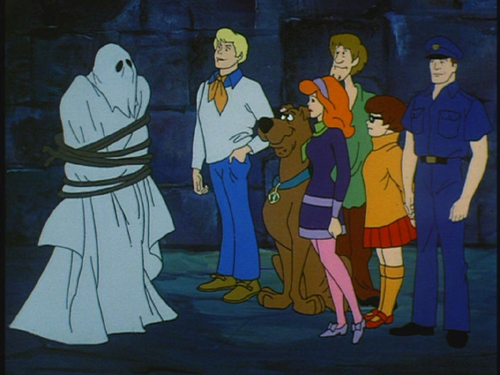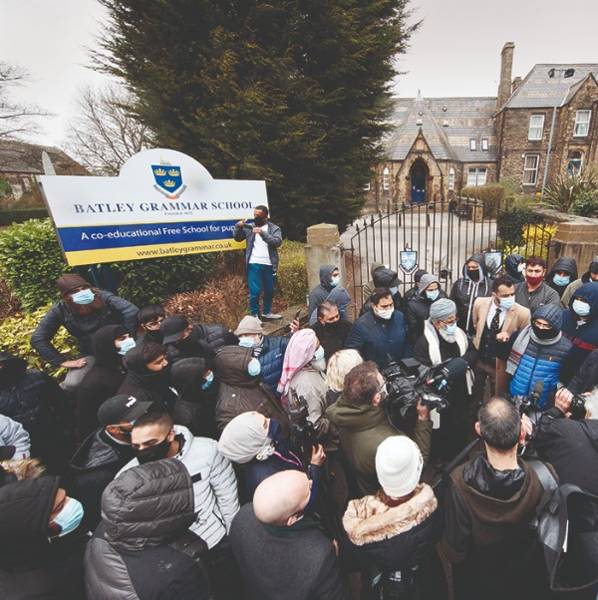
Parents relish the feeling when our kids read a book or watch a programme we enjoyed ourselves as children. It’s deliciously bonding, like a flash of shared experience across the generations. This buzz is about as close as we can come to standing with our own offspring child-to-child. I never cease to be amazed by the intensity of the nostalgia I feel when I first re-read a picture book, see a film or handle a toy from my childhood, almost completely irrespective of whether I actually enjoyed it first time around.
And so it was for me as my children recently discovered Scooby Doo. Seeing them watching Shaggy and Scooby, Fred, Daphne and Velma, hearing those same sound effects and rediscovering those familiar faces brought a huge smile to my face. I found a perch on the arm of the sofa and settled down for "Scooby Doo and the Loss Ness Monster". The garbled attempts at Scottish accents almost made me give up before I even started, but I persevered. And it was well worth it. To be honest, Scooby Doo blew my mind.
You remember the plot from your own childhood, I’m sure – after all, there only was one. The characters arrive in an impossibly creepy place and are terrified by a gruesome zombie/vampire/ghost/monster. By the end of the story, they have solved the mystery through a combination of luck and logical deduction and can conclusively show that the supposedly supernatural creature was in fact a human preying on superstition to their own gain. They unmask him; he complains about meddling kids. The perfect rationalist plot, episode after episode.
It’s not that Scooby-Doo has another "adult" level that I can suddenly decipher. There are no double-entendres for me to snigger at or references above my children’s heads. What they see and understand is what I see and understand. Only now, as an adult, I have a wider context within which to place it.
The crux of the show is that this motley group of teenagers succeeds in debunking the supernatural again and again and that they use evidence and reason to do so. They defeat the terrifying monsters not by fighting, but by thinking. This is powerful stuff. Shaggy and Scooby, like so many people in the real world, are always too terrified of everything to be able to question anything – they just want to run away to safety. Fred, Daphne, and in particular arch-rationalist Velma lead the search for evidence despite the best bullying efforts of the "creature". And they are always victorious: reason always beats superstition. All because the "pesky kids" aren’t afraid to question.
Maybe I should point out that I love the supernatural in stories too. I adore magic in books and films, and am terrified by imaginary forces of evil on a regular basis. The writer creates a different "world" with its own realities. In those works of fiction, magic is fact. What I can’t abide, however, is the blurring of worlds. There is an insidious habit in some children’s fantasy of making children feel guilty for critical thinking. I'm thinking about Polar Express and countless other Christmas books and films where children begin to think sceptically about Santa, only to be presented with false evidence and made to regret their questioning. Or Tinkerbell. The existence of fairies per se is not the issue. Of course fairies exist in Pixie Hollow. But the emphasis on blind "belief" gives me the creeps. I went to see a Tinkerbell movie in the cinema with the kids, and nearly choked on my popcorn when I heard that a fairy dies when a child stops believing in fairies. It’s one thing to find yourself developing intellectually to the point that you can differentiate between stories and reality, but show me a small child who actually wants to be a fairy murderer.
Although, there might be a lesson in that too. Tinkerbell will die if not enough people believe in fairies, just as countless gods have "died" when belief in them has died out too. And no doubt will continue to, as long as "pesky kids" are allowed to question.

